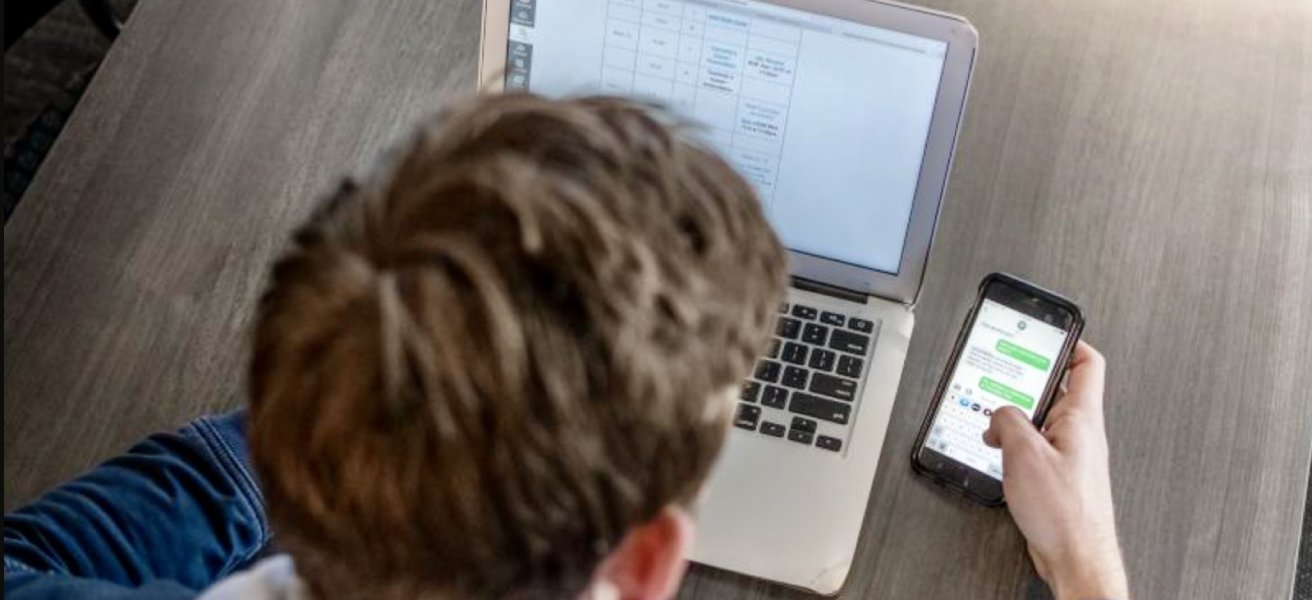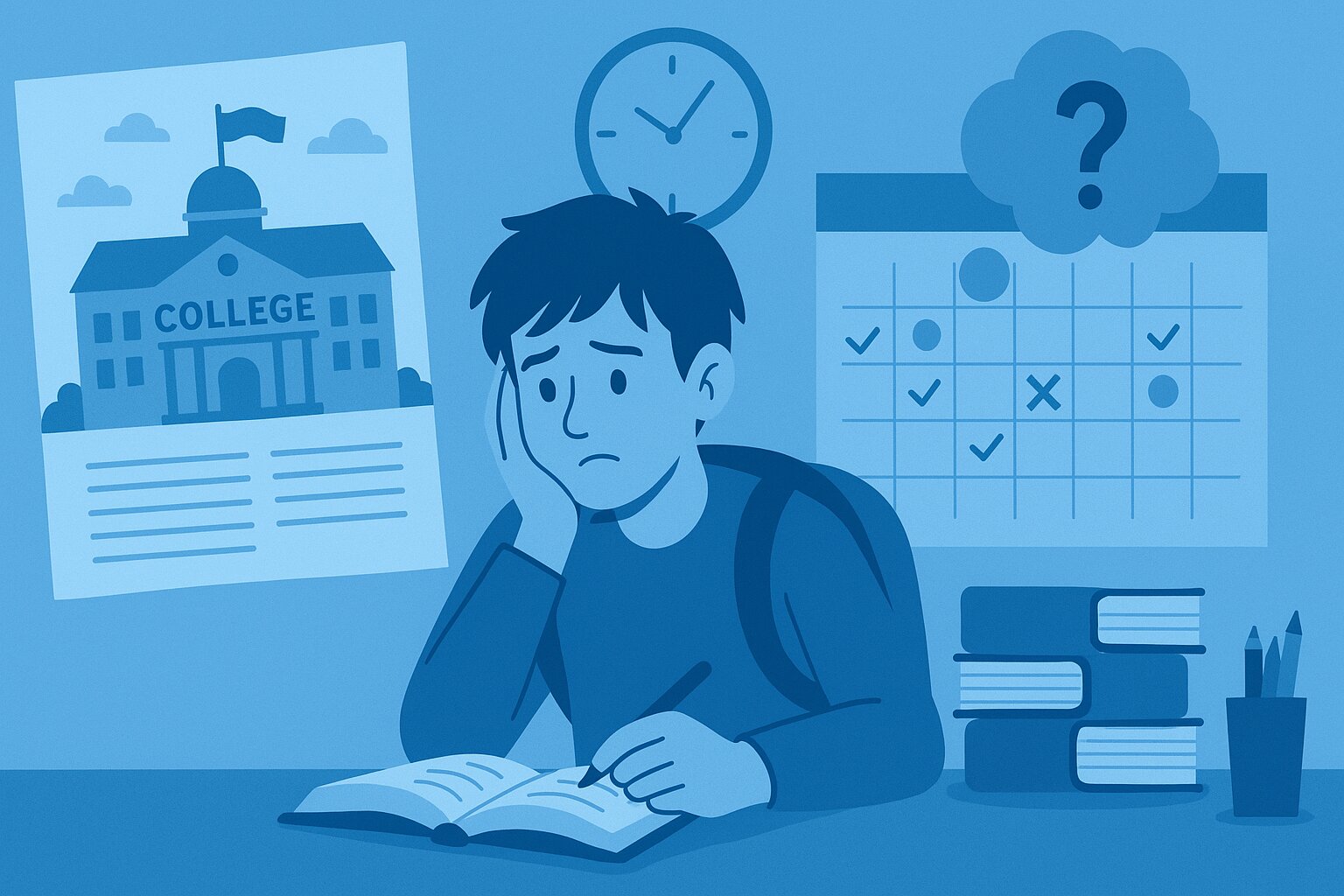Building Impulse Control in Children: Effective Strategies for Parents and Educators
Impulse control is the ability to resist immediate urges in favor of long-term goals. It helps us pause before making decisions, choose thoughtful responses, and align actions with values. For students, impulse control is key to success, allowing them to focus on academics even when distractions are present. We will dive into what impulse control is, why it matters, and strategies that can help children build it.
The Importance of Impulse Control
Impulse control is needed for success in academics, relationships, and well-being. Research shows that children with better impulse control tend to have higher academic achievement and better social interactions.
Students with strong impulse control can resist distractions, manage time, and make decisions aligned with their goals, leading to long-term success. This leads to better grades, stronger relationships, and improved emotional resilience.
Students who struggle with impulse control may find it challenging to stay focused, follow instructions, or complete tasks. This can lead to feelings of frustration and decreased self-esteem. However, with consistent support, they can gradually develop impulse control skills, improving both their confidence and their ability to succeed academically.
Populations That Commonly Struggle with Impulse Control
Control challenges are common among certain groups, particularly with:
- Children with ADHD: Impulse control issues are a hallmark of ADHD. These children often struggle to resist urges, making it difficult to stay focused, wait their turn, or avoid acting impulsively.
- Students with Anxiety: Anxiety can impact impulse control, leading to impulsive actions to reduce discomfort, such as speaking out of turn or rushing through tasks.
- Individuals with Autism Spectrum Disorder (ASD): Children and teens with ASD may struggle with self-regulation, especially in overstimulating environments.
- Trauma-affected Children: Children who have experienced trauma may act impulsively as a coping mechanism for anxiety or hypervigilance.
- Teens and Adolescents: Many teens struggle with impulse control due to ongoing brain development. The prefrontal cortex, responsible for executive functions, continues to mature into early adulthood.
Understanding these populations helps educators and parents provide targeted support.

Impulse Control and Executive Function
This can be a key component of executive function, which also includes planning, working memory, emotional regulation, inhibition, and self-monitoring. Strong control helps students manage actions, avoid distractions, and stay on track to reach their goals.
Strategies for Parents to Improve Impulse Control at Home
Parents can play an important role in helping their children develop impulse control. Here are some effective strategies:
- Set Clear Expectations
Communicating household rules helps children understand what is expected. For instance, using visual aids like charts can make rules easier to remember, especially for younger children. This clarity reduces uncertainty and increases the chances they will practice self-control, building their confidence over time.
- Celebrate Small Wins
Positive reinforcement is needed when building impulse control. Studies indicate that children respond well to praise that acknowledges their effort. Even small victories, like waiting patiently or completing a task without distraction, should be celebrated. Balancing constructive feedback with consistent praise helps motivate children and reinforces positive behavior.
- Breathing Exercises
Deep breathing techniques are effective tools for managing impulses. Research has shown that deep breathing can lower heart rate and reduce stress, which helps children regain control before reacting impulsively. Encouraging your child to take a few deep breaths in stressful moments can help them make more thoughtful decisions.
- Model Self-Control
Children learn by watching adults. Pause before reacting, use calming techniques, and share your thought process. If you show patience during frustrating moments, your child will learn to do the same.
- Encourage Delayed Gratification
Talk about the importance of delayed gratification by helping children understand the importance of waiting for something better in the future. Activities like puzzles, growing a plant, or playing board games teach the value of waiting. Reinforce delayed gratification whenever you see it, and acknowledge and praise your child when they practice patience.
Christina’s Story: Christina was often overwhelmed and disheartened when her young son, Ben, would shout during meals, interrupting conversations and causing tension at the table. She worried that his inability to wait and listen was impacting their relationship and Ben’s confidence. Determined to help Ben, Christina began modeling self-control in a very intentional way. Instead of reacting immediately, she paused, breathed, and calmly told Ben to wait his turn.
Over time, Ben began to mimic his mother’s calm demeanor. He learned to take a breath, observe, and respond more thoughtfully, which gradually increased his ense of self-control. Research has shown that children who learn to regulate their emotions through modeled behavior demonstrate significant improvements in family relationships and overall confidence.

Strategies for Educators to Improve Impulse Control in the Classroom
Impulse control challenges often become more evident in the classroom setting, where students must follow structured routines. Teachers can use these strategies to support students in gaining better self-regulation:
- Incorporate Movement and Breaks
Incorporate movement and breaks. Physical activity plays an important role in impulse control and focus. Studies show that short exercise breaks can significantly improve concentration, especially for neurodiverse students.
- Establish Clear Routines and Expectations
Establish clear routines and expectations. Consistent routines not only help students feel safe but also strengthen their ability to self-regulate. Knowing what comes next reduces anxiety and supports the development of impulse control, making impulsive behaviors less likely.
- Diverse Instructional Strategies
Engaging students through active learning and diverse teaching methods helps maintain their focus. Mixing visual, auditory, and hands-on approaches caters to different learning preferences, improving engagement and minimizing impulsive behaviors.
Justin’s Story: Justin, a high school student, struggled to control his impulses in class, especially when the material seemed irrelevant or boring. This often led to disruptions. His teacher, Ms. Thompson, began incorporating short movement exercises and interactive lessons while providing clear instructions.
Within weeks, Justin’s outbursts decreased, and his focus improved. This boosted his confidence and helped him participate more constructively in class. Research shows that incorporating physical activity and interactive learning can reduce impulsive behaviors in students by up to 30%, leading to increased engagement and academic success.
Techniques for Both Home and School
- Mindfulness Practices
Activities like focusing on breathing or sensory awareness help students recognize impulses without acting on them. Practicing mindfulness regularly builds self-awareness and reduces impulsive behavior.
- Open Communication and Collaborative Support
Consistent communication between parents, educators, and students creates a support network that encourages growth. Regular check-ins help celebrate progress and identify challenges early, ensuring that everyone remains aligned in supporting the child’s development.
- Positive Reinforcement, Accountability, and Quick Feedback
Positive reinforcement helps motivate children by acknowledging their efforts and encourages good behavior. Accountability, when supportive, teaches responsibility and follow-through. Quick feedback helps children connect actions to outcomes, allowing immediate learning and improvement. Timely, specific feedback refines behavior, leading to better impulse control.

Conclusion
Impulse control is a life skill that can be developed over time. While it can be challenging, especially for students with ADHD or other executive function differences, research supports that consistent practice, patience, and targeted strategies can lead to significant improvement.
Parents and educators can model impulse control, provide positive reinforcement, and create structured environments. By celebrating progress and maintaining open communication, students can become more self-regulated.
Remember: every small victory counts. Waiting their turn or staying focused helps build a foundation for future success.
If you’re looking for additional support, Untapped Learning offers executive function coaching and resources to help children build executive function skills, including impulse control. Visit Untapped Learning to learn more and schedule a consultation today.
Frequently Asked Questions (FAQ)
What is impulse control?
Impulse control is the ability to resist immediate urges in favor of long-term goals, helping students pause before making decisions.
Why is impulse control important?
It is needed for academic success, emotional resilience, and maintaining healthy relationships. Strong impulse control allows students to focus, manage time, and make thoughtful choices.
How can I help my child improve?
Use strategies like setting clear expectations, quick feedback, celebrating small wins, modeling self-control, and encouraging delayed gratification.
Can impulse control be improved in school?
Yes, teachers can support students by incorporating movement breaks, positive reinforcement/accountability, establishing clear routines, and using diverse instructional strategies.
For More:
Impulse Control Techniques that Work
Impulse Control- Strategies for Students with ADHD





